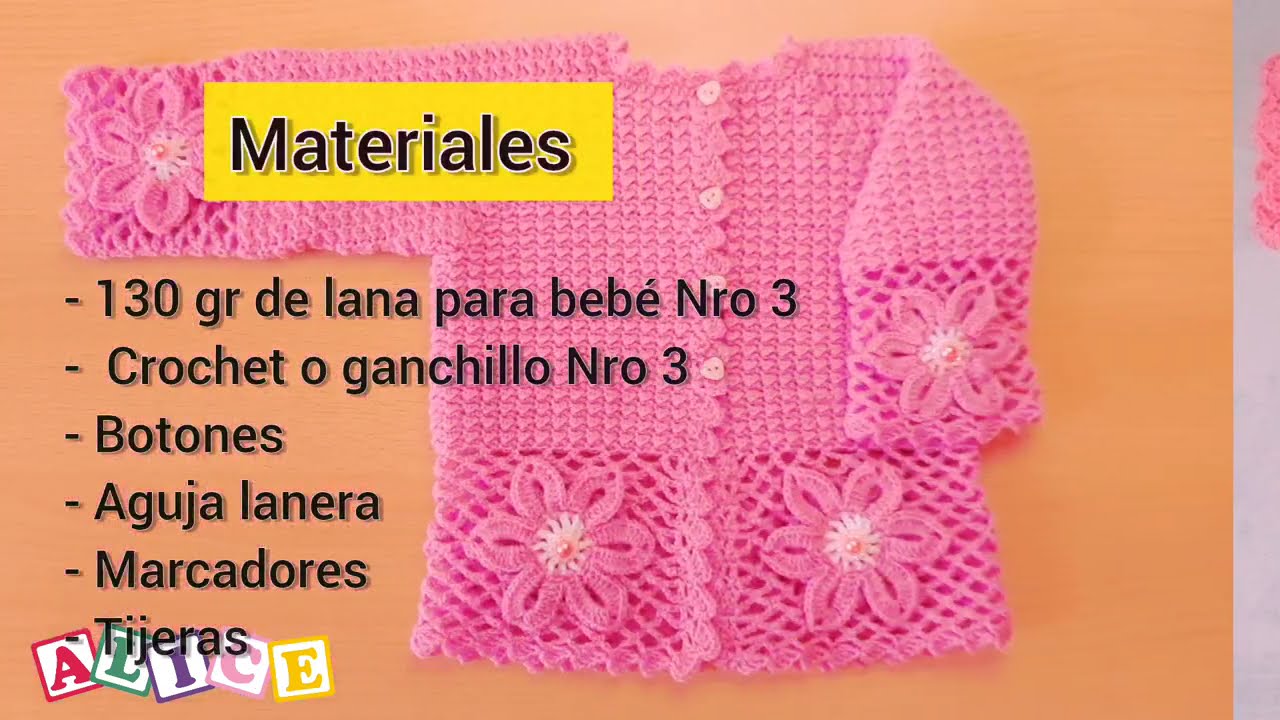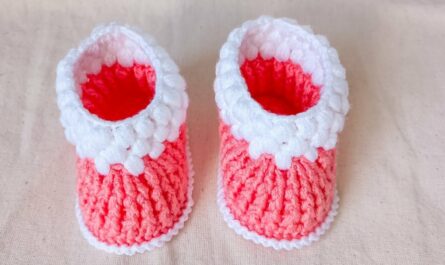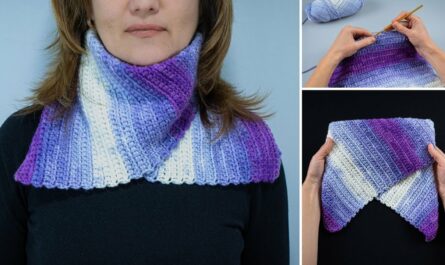Sure! Here’s a detailed guide on how to make a jacket, sweater, and coat using crochet. Since you mentioned “jacket, sweater, coat, jacket, sweater, crochet” — I’ll assume you’re interested in how to crochet these garments. The process is similar but varies based on design, fit, and construction. I’ll break it down by garment:

🧶 GENERAL MATERIALS & TOOLS FOR CROCHET GARMENTS
Materials Needed:
-
Yarn (based on garment type; use medium [worsted] or bulky weight yarn for jackets/coats; lighter weight for sweaters)
-
Crochet hook (size based on yarn; usually 4.5mm – 6.5mm)
-
Scissors
-
Yarn needle (for sewing seams)
-
Measuring tape
-
Stitch markers
-
Buttons/zippers (optional)
🧥 1. How to Crochet a Jacket
Step-by-Step:
1. Choose Your Pattern
-
Beginner patterns are often made in flat panels (back, 2 fronts, sleeves).
-
Raglan and top-down jackets are worked in one piece.
2. Gauge Swatch
-
Always crochet a 4×4 inch swatch to ensure the correct gauge. This affects the fit.
3. Crochet Panels
-
Back Panel: Start with a foundation chain the width of the back, work rows in your chosen stitch (like half double crochet or double crochet) until desired length.
-
Front Panels: Make two, half the width of the back, and optionally shape necklines.
-
Sleeves: Crochet from wrist to shoulder (increasing width if needed).
4. Assemble
-
Use a whip stitch or mattress stitch to join panels.
-
Attach sleeves by sewing or crocheting around the armhole.
5. Finishing
-
Add a border around the hem and front openings.
-
Optionally attach a zipper or buttons.

🧥 2. How to Crochet a Sweater
Sweaters can be made with various constructions: bottom-up, top-down, or in panels.
Step-by-Step:
1. Pick a Construction Method
-
Top-down (raglan): Start at the neck and increase for body/sleeves.
-
Bottom-up: Start at the hem, make the body, then sleeves.
-
In panels: Similar to a jacket.
2. Crochet Body
-
Use your chosen stitch pattern (e.g., half double crochet, granny stitch).
-
If working top-down, you’ll crochet in rounds until you split for sleeves.
3. Sleeves
-
Crochet in rounds or rows and attach.
-
Tapering may be required for a fitted look.
4. Join Parts
-
Seam sleeves to the body if working in panels.
-
Seam underarms if working raglan.
5. Finishing Touches
-
Add ribbing to neck, cuffs, and hem using front/back post stitches.
-
Weave in ends, block to shape.

🧥 3. How to Crochet a Coat
Coats are like jackets but typically longer, thicker, and more structured.
Key Differences:
-
Use bulky/chunky yarn
-
Often include collars, pockets, linings, or belts
-
May require lining (optional sewing skill) for warmth
Step-by-Step:
1. Choose a Thick Yarn
-
Use wool blends for warmth and structure.
2. Crochet Large Panels
-
Make back, front (2), and sleeves.
-
Include shaping for hips/waist if fitted.
3. Add Design Elements
-
Pockets: crochet squares and sew on.
-
Belt: long chain with rows of single crochet.
-
Collar: work additional rows at the neckline.
4. Assembly & Finishing
-
Seam panels.
-
Attach collar, belt loops, or buttons.
-
Steam or block to smooth.
🧶 STITCHES COMMONLY USED:
-
Single Crochet (sc) – tight, dense stitch
-
Half Double Crochet (hdc) – great for warmth
-
Double Crochet (dc) – faster, more flexible
-
Front/Back Post Stitches – used for ribbing
-
Granny Stitch – decorative, used in retro styles
🎯 TIPS:
-
Use stitch markers to mark increases/decreases.
-
Block your garment after crocheting to shape it properly.
-
Try on as you go (if making top-down) for best fit.
-
Use seamless or minimal seam patterns for cleaner look.
📚 Recommended Resources:
-
Books: Crochet Sweaters with a Textured Twist by Dora Ohrenstein
-
YouTube Channels: MJ’s Off The Hook, TL Yarn Crafts, The Crochet Crowd
-
Websites: Ravelry, AllFreeCrochet, LoveCrafts
Watch video:



